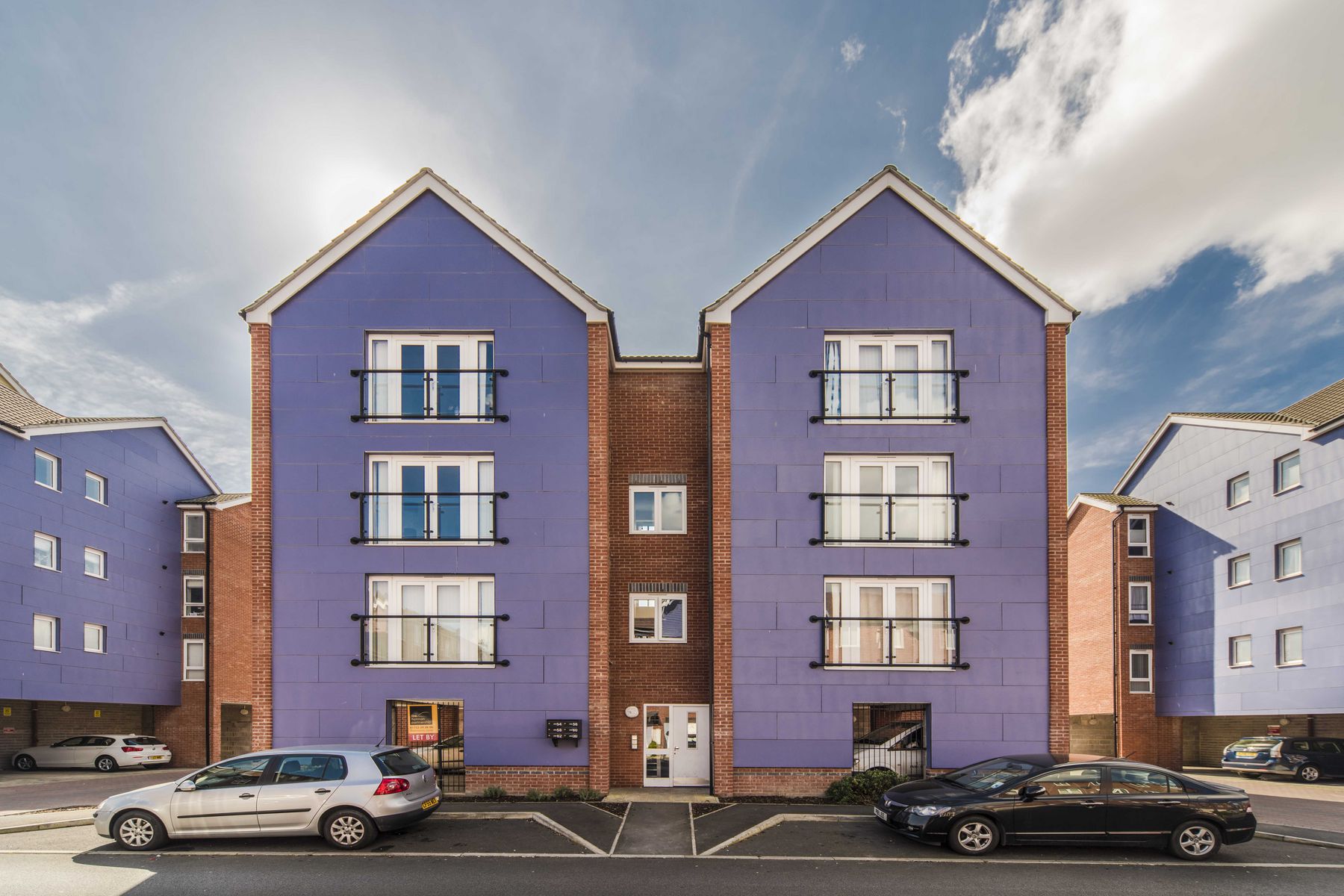
Like any other investment market, the UK property market is cyclical. Although, in reality, it has proved to be an extremely reliable investment over the years. If we take the period between 1973 and 2015, there has been no five-year period with negative returns after taking into account both rental income and capital gains. Different types of residential property will attract different rental yields and potential for capital growth although, in general, residential property investment tends to attract lower net income yields coupled with potential for attractive capital growth.
Residential property acquisition strategies
The mix of properties available across the UK, prospects for local economies, as well as infrastructure spending have created opportunities for many residential property investment strategies. Whether you are looking for the security of relatively high rental yields with reduced prospects for capital growth, relatively low rental yields with more focus on capital growth, or somewhere in between, there are many options available.
Inner-city residential property
Even though the London property market is under pressure at the moment, in terms of capital growth it has historically been head and shoulders above any other areas of the country. However, in light of Brexit and changing residential property investment strategies, there is now more focus on cities such as Liverpool, Manchester, Leeds and Birmingham. These are prospering areas of the UK with relatively strong economies and significant infrastructure spending.
In recent years we have seen significant growth in the economies of Liverpool, Manchester, Leeds and Birmingham, which attracts not only businesses to the region but increased demand for residential property. This demand offers an opportunity to secure a relatively healthy rental yield as well as potential for significant long term capital appreciation.

Provincial residential property
As prices in some of the U.K.’s more prominent cities continue to rise, we have seen a significant increase in those willing to commute to work. This has created some very interesting provincial residential property investment opportunities, as both local and national governments are forced to invest heavily into regional infrastructure. As more and more people are priced out of city centre properties, both in terms of buying and renting, the switch to more affordable properties within commuting distance continues to grow.
It will depend upon the maturity of each provincial residential market as to the level of possible capital growth and rental yields. However, as inner-city property prices continue to rise, there is no doubt demand will increase for those properties within commuting distance of the workplace.
Opportunistic residential property investment
In recent times we have seen a deluge of new residential property developments, some of which have been ill timed in terms of economic prospects. Under pressure from lenders to crystallise assets, a number of fire sales have created some opportunistic residential property investment opportunities. Those with funds readily available may be able to acquire hand-picked properties below their perceived intrinsic value. As the economy improves and demand for property increases, this should create a firm base for significant long term capital appreciation as well as strong rental income streams.
The greater the gap between the acquisition price and the intrinsic value, the greater the buffer if the economy was to turn down in the short to medium term.
Conclusion
Like any other investment market, residential property markets are cyclical and dependent on factors such as economic prospects, interest rates and inflation. In the longer term, even after Brexit, the UK population will still continue to grow and demand for residential property will follow. This will create healthy demand for both owner occupier and rental properties. Interestingly, in recent times we have seen investors cashing in their London residential property assets in favour of “better relative value” elsewhere.
There is no reason to believe that the long-term outperformance of UK residential property compared to other investment classes will not continue.
Important notice: Capital at risk. The value of your investment can go down as well as up. The Financial Services Compensation Scheme (FSCS) protects the cash held in your Property Partner account, however the investments that you make through Property Partner are not protected by the FSCS in the event that you do not receive back the amount that you have invested. Forecasts are not a reliable indicator of future performance. Gross rent, dividends and capital growth may be lower than estimated. 5 yearly exit protection or exit on platform subject to price demand. Property Partner does not provide tax or investment advice and any general information is provided to help you make your own informed decisions. Customers are advised to obtain appropriate tax or investment advice where necessary. Before investing please read Key Risks. Past performance is not a reliable indicator of future performance.

